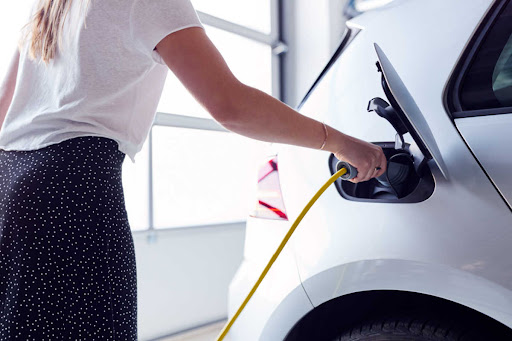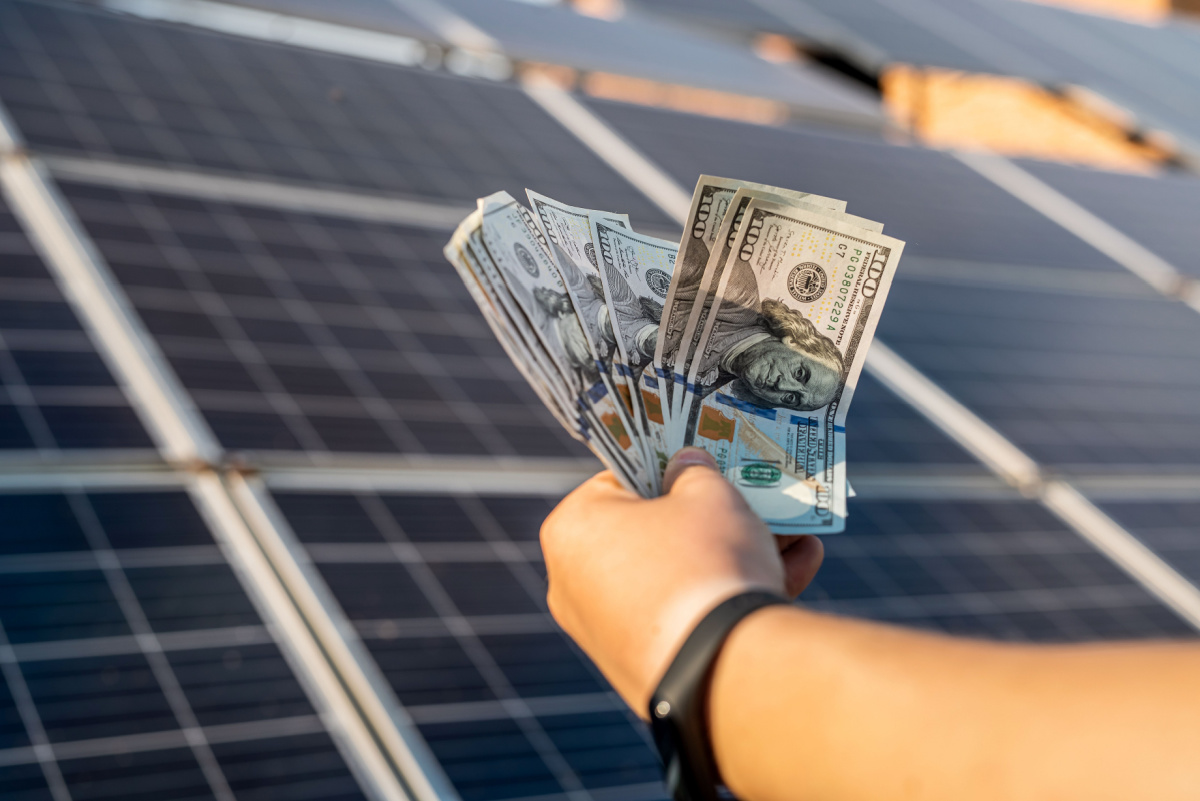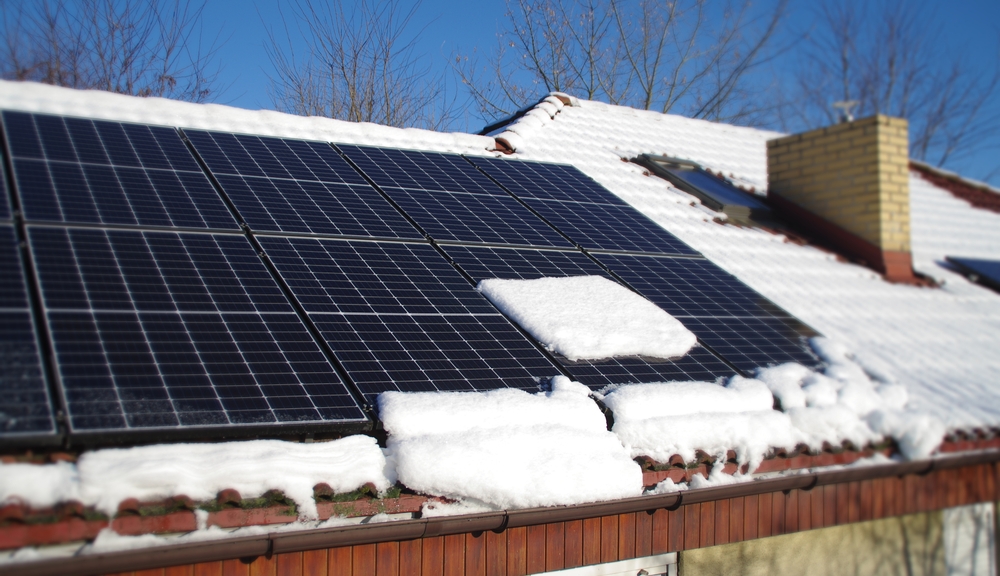Solar power allows homeowners to power their homes using energy generated by sunlight. But can solar energy be used to recharge an electric vehicle? Yes, you can. Even a home with ten solar panels can supply enough energy to charge an electric car.
An electric vehicle (EV) will be a great investment for people who want to reduce their reliance on fossil fuels. Here’s an explanation of solar car charging and what homeowners should know.
What Is an Electric Car?
Let’s first review what electric cars are in order to describe how you can charge an electric automobile with solar panels. Electric vehicles employ electric motors as opposed to conventional vehicles, which use internal combustion engines. Electric vehicles store their energy in batteries. Vehicles that combine an internal combustion engine and an electric motor are known as hybrids. Hybrids utilize the power generated from the engine to charge batteries, whereas a solely electric vehicle uses electricity received from a charging station or your home to charge the battery.
How Long Does it Take to Charge an Electric Car?
Going to the gas station and filling the tank is very different from fully charging an electric car. Every electric vehicle has a battery rating that determines how much power it can store and, consequently, how much energy is required for a complete charge. Owners of electric vehicles need to be aware of this. The EPA gauges this by counting how many kilowatt hours (kWh) it takes the car to travel 100 miles. For instance, a battery with a rating of 40 kWh/100 miles will require 40 kWh to travel 100 miles. Thus, 20 kWh of electricity would be required from the battery to travel 50 miles.
But depending on a number of variables, it can take an electric vehicle much longer to recharge. Depending on the model and manufacture of the vehicle, solar energy charging for EVs might be faster or slower. In addition, the kind of charger used may have an impact on how long it takes to charge. While a 240v Level 2 charger gives 25 miles for every hour charged, a Level 1 charging station, or 120v charger, only offers 5 miles per hour of charging time.
It’s important to note that owners of electric vehicles don’t usually wait until their batteries run out before starting to charge. Instead, they regularly charge their car in phases to maintain optimal power levels. Thus, unless you have just returned from a lengthy vacation, you won’t typically need to fully charge your electric vehicle.
How Many Solar Panels Are Needed to Charge an EV?
The number of solar panels you have and how much electricity they produce will have a significant impact on how long it will take to charge an EV using solar power. You may find the panel rating of your solar array to see how many watts a panel can produce over a specific period of time. But you must also take into account the peak solar hours, which are the times when the sun’s intensity surpasses 1,000 watts of photovoltaic output for every square meter.
The solar power generated by your panels will also need to power your house as well as the battery in your car. One method to conserve more solar electricity for your vehicle is to make your home use less energy by adding more energy-efficient equipment. Another option is to contact solar installers and ask them to add a few additional solar panels to your roof. This will enhance the amount of electricity that can be generated and provide for both your home and vehicle.
With the assistance of Zenergy Solar, you can use solar panels to power your EV. We provide a range of services, such as solar panel installations in the Delaware Valley, including solar power battery storage. Call Zenergy Solar for more details and to schedule a consultation.






